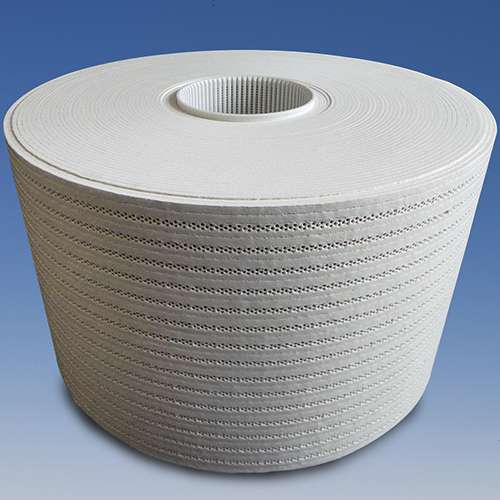Por que a remoção eficiente de cera e lipídeos do óleo cítrico é importante?
A maioria dos óleos cítricos essenciais é extraída pela pressão a frio das cascas das frutas cítricas. As ceras que ocorrem naturalmente, que se originam nas cascas cítricas são solubilizadas durante a extração e têm impacto negativo na qualidade do óleo cítrico, causando turvação mediante precipitação. Diversos processadores de óleos cítricos empregam uma variedade de métodos para separar os sólidos da cera, incluindo centrifugação, assentamento no tanque, filtração com terra diatomácea (DE, Kieselguhr) e filtração em profundidade com cartuchos, filtros lenticulares ou filtros de placas.
A qualidade insuficiente do produto final, que frequentemente necessita de reprocessamento dos óleos em múltiplas passadas através dos filtros têm impacto na produtividade. As vazões do processo são frequentemente muito baixas ou as instalações exigem tamanho maior. Os filtros a jusante frequentemente ficam obstruídos rapidamente. Substituir os filtros descartáveis para permitir a conclusão do lote é demorado, trabalhoso e caro.
As soluções comprovadas e econômicas para retirada de cera dos óleos cítricos
SUPRApak Plus é a segunda geração da nossa série de filtros SUPRApak. Usando tecnologia de vedação avançada para vedar canais de não filtrados para canais de filtrados, sua estabilidade mecânica maior otimiza a segurança do processo enquanto a capacidade de retenção de sujeira maior aumenta o tempo do processo, reduzindo as despesas operacionais e melhorando a disponibilidade da linha do filtro.
Uso para processos padrão, a série SUPRApak PW está disponível em diversos graus adequados para aplicações que exigem filtração de partículas grossas e clarificação de partículas finas.
Módulos SUPRApak PH para processos sensíveis a íons para evitar a precipitação de cristais no filtrado.
Módulos SUPRApak PZ para o menor impacto possível nos produtos de alta qualidade usando material filtrante de placas com 100% de celulose pura.
Os benefícios dessas soluções incluem:
Redução no tempo de processamento em comparação com o uso de cartuchos filtrantes de profundidade
Carcaça do filtro SUPRApak simples, fornecendo melhor filtração
Capacidade de fluxo maior e maior produtividade, consequência da configuração “edge flow”

.png?$OptimizedPNG$)